Ep. 31: Ryland Engelhart, co-founder & Jesse Smith, Farmland Program Director – Kiss The Ground ||
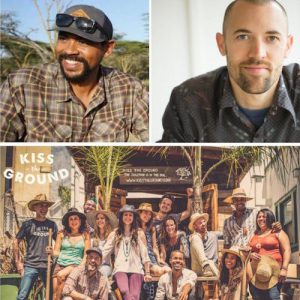 On episode 31 of Sourcing Matters we welcome Ryland Engelhart and Jesse Smith of Kiss The Ground. Well known for the critically acclaimed book and forthcoming movie, both sharing the same namesake as their organization, non-profit Kiss The Ground is telling a new story about our ability to regenerate land, reverse climate change and reconnect to nature by building back healthy soil. Through programs focused on storytelling, education, business, community gardens and the farmland – Kiss The Ground empowers people to restore soil and help accelerate the adoption of regenerative agriculture. Seamlessly complementing each other throughout the 45 minute conversation, both guests brought unique insight to our discussion which connected soil, human, and planetary health.
On episode 31 of Sourcing Matters we welcome Ryland Engelhart and Jesse Smith of Kiss The Ground. Well known for the critically acclaimed book and forthcoming movie, both sharing the same namesake as their organization, non-profit Kiss The Ground is telling a new story about our ability to regenerate land, reverse climate change and reconnect to nature by building back healthy soil. Through programs focused on storytelling, education, business, community gardens and the farmland – Kiss The Ground empowers people to restore soil and help accelerate the adoption of regenerative agriculture. Seamlessly complementing each other throughout the 45 minute conversation, both guests brought unique insight to our discussion which connected soil, human, and planetary health.
Ryland Engelhart currently serves as the Mission Fulfillment Officer and co-owner of Cafe Gratitude and Gracias Madre. Engelhart co-founder of Kiss The Ground, and now works tirelessly to educate and advocate about the movement. As a storyteller, Ryland co-created the award-winning, transformational documentary film, “May I Be Frank.” Also, he’s an entrepreneur and activist, using his restaurants as a platform to inspire more “gratitude” into our culture. Running the Kiss The Ground Farmland program, Jesse Smith adds unique acumen from the perspective of a producer and philosopher. Smith is a farmer, designer and consultant focused on the intersection of regenerative supply and enterprise. His passion for agriculture and food systems is rooted in his love of California’s diverse ecosystems, and influenced by his work and travels through Africa, Europe and the western United States. Jessie’s family, friends and community are what inspire him to develop a network of farmers, restaurants and consumers to benefit our soil, water & air.
.
In this episode we go deep into the problems, and potential solutions for a shrinking planet. Ryland describes the impetus for formulating this unique arena of Kiss The Ground which seems set on democratizing complex subjects that will prove increasingly essential for stabilizing all corners of the world. Engaging consumers and citizens as the agents of change, it was consensus amongst all of us that it has to be the grass-roots to lead us forward through this tumultuous and concerning time for the future health of our planet. The people will lead, and the policy will (eventually) follow.
Through the collection of their farms, non-profit initiative and restaurants this west coast collaborative is drafting a new recipe for moving us forward. A mechanism that vertically integrates the value chain which will benefit the consumer of their food, fiber and fuel, and lead to positive externalities of regenerative results.
.
@kissthegroundCA


 It’s Agriculture Capitals mission to grow access to healthy, sustainable food. “We’ve assembled experienced professionals from finance, farming, processing, marketing, and sustainability to bring innovative thinking to managing successful food enterprises.” described the firm’s website. Turner has over 20 years of experience in corporate sustainability, environmental management, and consumer engagement. Most recently, he was on the executive team at organic yogurt pioneer Stonyfield Farm as the company’s VP Sustainability Innovation. Prior to that, he was founding executive director of Climate Counts, an international NGO focused on measuring and scoring the world’s largest consumer companies on their concrete, enterprise-level responses to climate change. Wood has consulted to brands, elected officials, and public agencies on mobilizing the public around ideas that improve the environment and build community.
It’s Agriculture Capitals mission to grow access to healthy, sustainable food. “We’ve assembled experienced professionals from finance, farming, processing, marketing, and sustainability to bring innovative thinking to managing successful food enterprises.” described the firm’s website. Turner has over 20 years of experience in corporate sustainability, environmental management, and consumer engagement. Most recently, he was on the executive team at organic yogurt pioneer Stonyfield Farm as the company’s VP Sustainability Innovation. Prior to that, he was founding executive director of Climate Counts, an international NGO focused on measuring and scoring the world’s largest consumer companies on their concrete, enterprise-level responses to climate change. Wood has consulted to brands, elected officials, and public agencies on mobilizing the public around ideas that improve the environment and build community.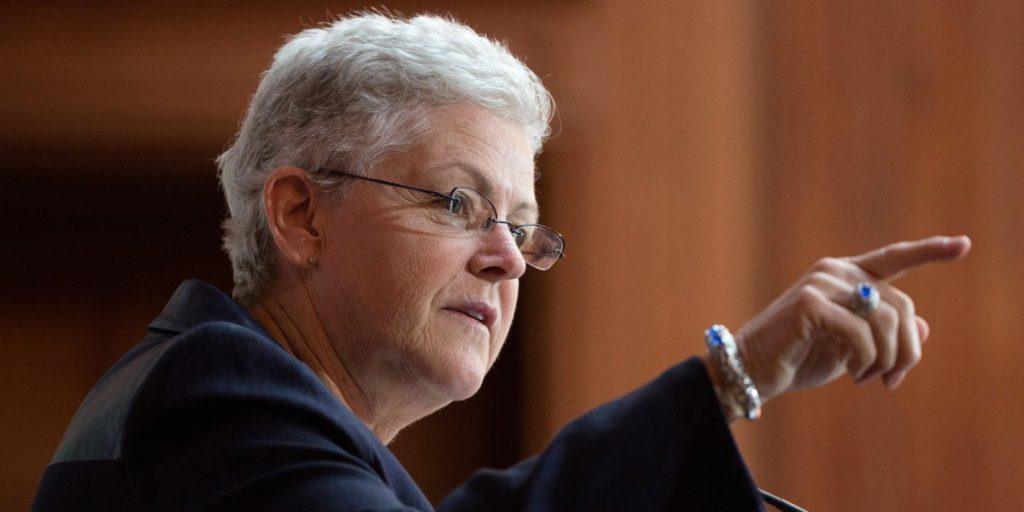
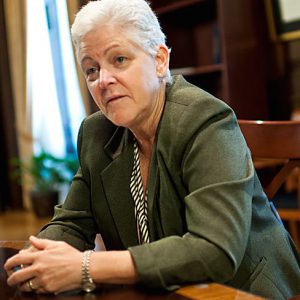 Gina explains that the EPA isn’t a birds & bunnies agency. But, instead one focused on public health and national security. “People need to realize, climate isn’t about polar bears, it’s about their kids.” McCarthy gets to the brass tacks of the movement, “The most important thing we can do is to realize the future is in our hands. We need to grab opportunities where they come, and be positive about it.” She continues “We need to put science to work, and explain it in terms that everyone can understand.” McCarthy recently completed a few fellowships at Harvard. “I found the students to be incredibly exciting and engaging. They had a sense of social justice and equity that was just palpable. They just didn’t want to tolerate moving forward in a world that doesn’t recognize that science is real, that climate change is happening, that manmade emissions are causing it; and that we have to do something – not least of which is to more women into office!”
Gina explains that the EPA isn’t a birds & bunnies agency. But, instead one focused on public health and national security. “People need to realize, climate isn’t about polar bears, it’s about their kids.” McCarthy gets to the brass tacks of the movement, “The most important thing we can do is to realize the future is in our hands. We need to grab opportunities where they come, and be positive about it.” She continues “We need to put science to work, and explain it in terms that everyone can understand.” McCarthy recently completed a few fellowships at Harvard. “I found the students to be incredibly exciting and engaging. They had a sense of social justice and equity that was just palpable. They just didn’t want to tolerate moving forward in a world that doesn’t recognize that science is real, that climate change is happening, that manmade emissions are causing it; and that we have to do something – not least of which is to more women into office!” The goal of Commonland is to realize large-scale landscape restoration with local farmers, land-users and experts based on sustainable business cases with each impact being assessed through a matrix monitoring diverse returns that connect natural and economic landscape zones through a multi-stakeholder initiative benefiting all parties. Willem founded Commonland with the idea the long-term commitment is important, as it takes approximately 20 years – or one generation – to restore a landscape. Their holistic restoration approach focuses on the 4 key returns of Inspiration, Social, Natural, Financial. Those returns combine to define a baseline for their long-horizon mission – which is to contribute to a large-scale landscape restoration industry, aligned with international policies and guidelines throughout a shrinking planet.
The goal of Commonland is to realize large-scale landscape restoration with local farmers, land-users and experts based on sustainable business cases with each impact being assessed through a matrix monitoring diverse returns that connect natural and economic landscape zones through a multi-stakeholder initiative benefiting all parties. Willem founded Commonland with the idea the long-term commitment is important, as it takes approximately 20 years – or one generation – to restore a landscape. Their holistic restoration approach focuses on the 4 key returns of Inspiration, Social, Natural, Financial. Those returns combine to define a baseline for their long-horizon mission – which is to contribute to a large-scale landscape restoration industry, aligned with international policies and guidelines throughout a shrinking planet.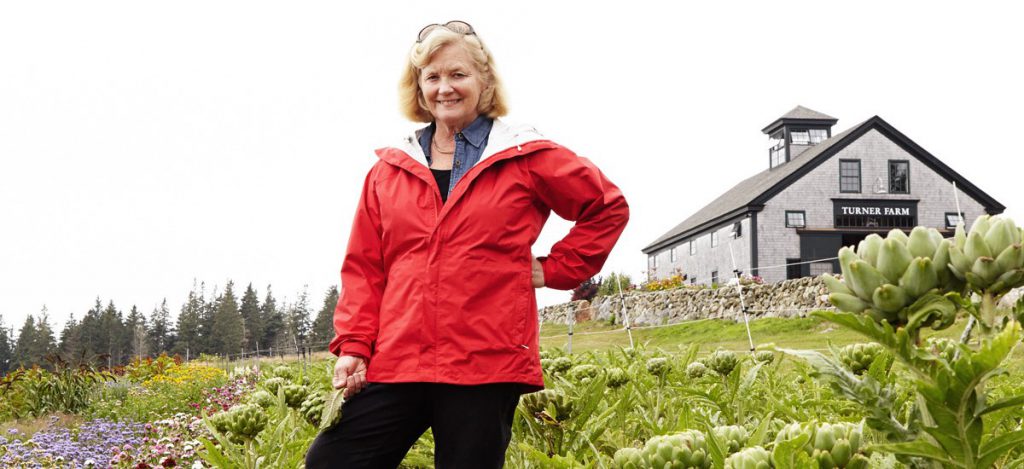
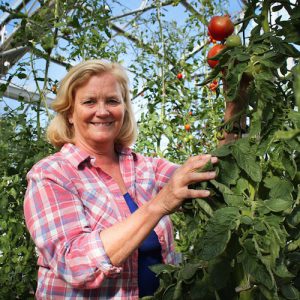 Truth is, a good portion of our discussion focused on the beautiful State of Maine. Once, and what could again be the fulcrum of the regional food system of the Northeast, Maine has an agricultural linage dating back to the beginning of the Union. 3500 miles of coastline boasting access to a bounty of some of the cleanest waters and seafood in the world. Through this, Maine could cast a long shadow in future bio-regional economies. Pingree embraces systems thinking on her farmstead & Inn in Maine, and in the other House – on The Hill, 600 miles south.
Truth is, a good portion of our discussion focused on the beautiful State of Maine. Once, and what could again be the fulcrum of the regional food system of the Northeast, Maine has an agricultural linage dating back to the beginning of the Union. 3500 miles of coastline boasting access to a bounty of some of the cleanest waters and seafood in the world. Through this, Maine could cast a long shadow in future bio-regional economies. Pingree embraces systems thinking on her farmstead & Inn in Maine, and in the other House – on The Hill, 600 miles south.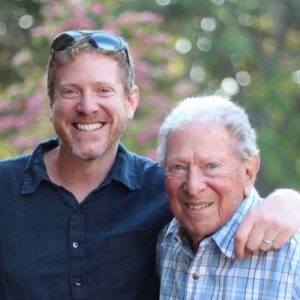 Producing Châteauneuf-du-Pape style Rhone wines native to the Southeast Corner of France, today we welcome Partner and General Manager of Tablas Creek Winery Jason Haas to Sourcing Matters. Situated squarely between San Francisco & Los Angeles, Jason’s family began their California winery in 1989 using elevated practices that focused on Organic and regenerative in effort to benefit their soils, and the flavor of their wines. Now, producing 360,000 bottles a year of biodynamic and diverse vitas – Tablas Creek has established themselves as a desired brand that engages consumers and progresses the industry through their commitment to producing world-class wine.
Producing Châteauneuf-du-Pape style Rhone wines native to the Southeast Corner of France, today we welcome Partner and General Manager of Tablas Creek Winery Jason Haas to Sourcing Matters. Situated squarely between San Francisco & Los Angeles, Jason’s family began their California winery in 1989 using elevated practices that focused on Organic and regenerative in effort to benefit their soils, and the flavor of their wines. Now, producing 360,000 bottles a year of biodynamic and diverse vitas – Tablas Creek has established themselves as a desired brand that engages consumers and progresses the industry through their commitment to producing world-class wine.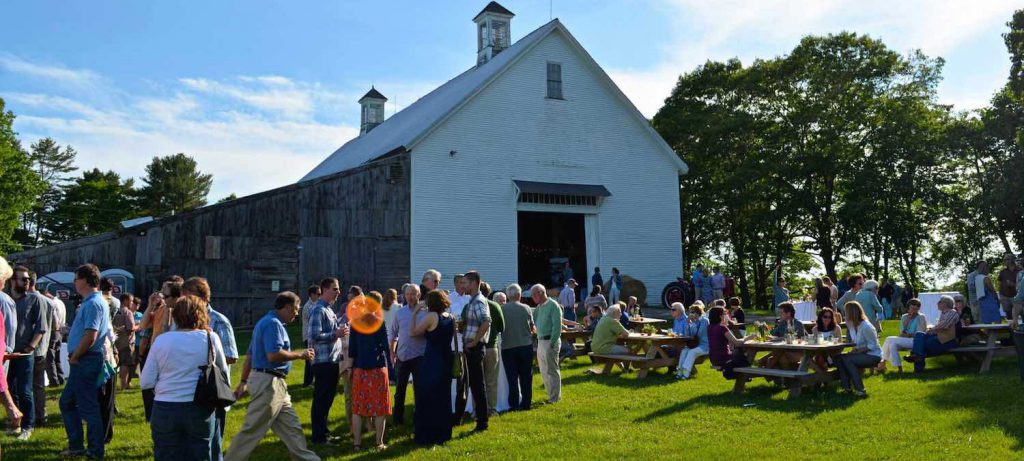
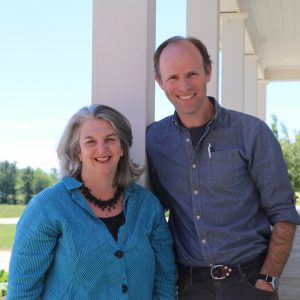 Joining for episode 22 of Sourcing Matters we welcome Dave Herring: Executive Director at Wolfe’s Neck Center; and Fiona Wilson, Chair of the Board at Wolfe’s Neck, and ED at Center for Social Innovation and Enterprise, Asst. Prof. at UNH’s Paul College of Business.
Joining for episode 22 of Sourcing Matters we welcome Dave Herring: Executive Director at Wolfe’s Neck Center; and Fiona Wilson, Chair of the Board at Wolfe’s Neck, and ED at Center for Social Innovation and Enterprise, Asst. Prof. at UNH’s Paul College of Business.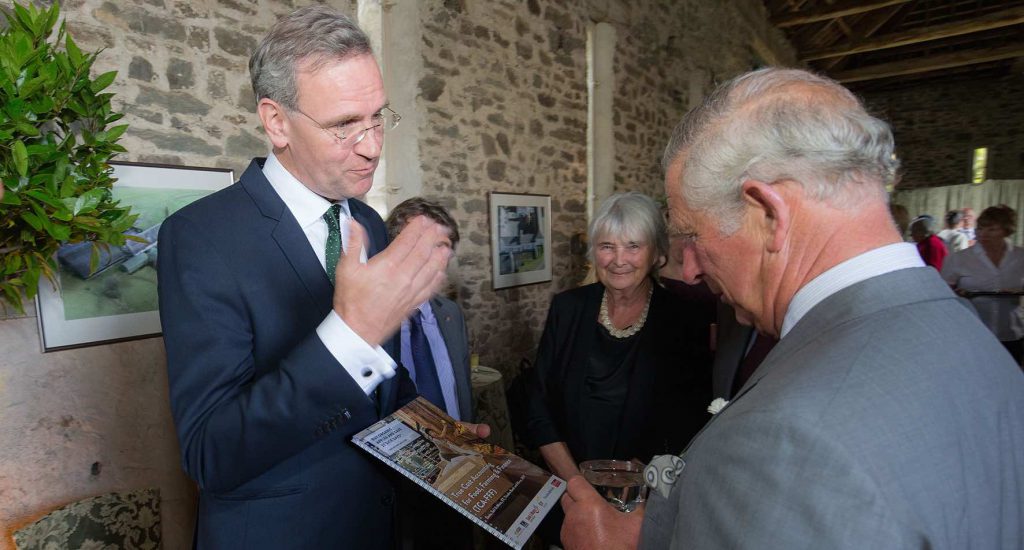
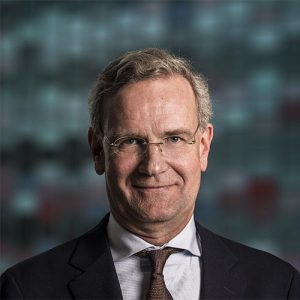 Along with the UN and Ernst & Young – Volkert Engelsman and the team at EOSTA have levered the Nature & More framework to prove healthier & cleaner food has greater value than the cheap stuff. The pilot program has been labeled “True Cost Accounting for Food, Farming & Finance”. We learn that French Government has calculated a 54b Euro impact of externalized costs from contamination on the water supply and environmental impact tied to conventional food production. More over, the UN calculates $2.8 Trillion of environmental externalized costs and $2.1 Trillion in social damage tied to extractive models of agriculture. Engelsman explains that’s about the equivalent of the total revenues of all food products from around the world. “The report makes clear that organic food is not too expensive, but rather conventional food is too cheap.” – details Engelsman.
Along with the UN and Ernst & Young – Volkert Engelsman and the team at EOSTA have levered the Nature & More framework to prove healthier & cleaner food has greater value than the cheap stuff. The pilot program has been labeled “True Cost Accounting for Food, Farming & Finance”. We learn that French Government has calculated a 54b Euro impact of externalized costs from contamination on the water supply and environmental impact tied to conventional food production. More over, the UN calculates $2.8 Trillion of environmental externalized costs and $2.1 Trillion in social damage tied to extractive models of agriculture. Engelsman explains that’s about the equivalent of the total revenues of all food products from around the world. “The report makes clear that organic food is not too expensive, but rather conventional food is too cheap.” – details Engelsman.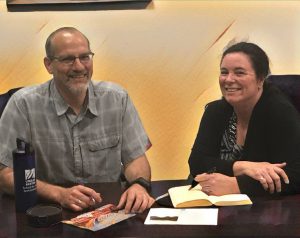 Over 70% of our planet is blue. Unfortunately, these oceans have become a trash receptacle over the past 50 years, and it appears we’re running out of never-never-land to throw-out our growing waste stream. You see, in that same half century time period – human population has skyrocketed from 3.5 billion to 7 billion. Single-use non-biodegradable plastics are now everywhere; even forming its own landmass! And, that’s just the beginning…
Over 70% of our planet is blue. Unfortunately, these oceans have become a trash receptacle over the past 50 years, and it appears we’re running out of never-never-land to throw-out our growing waste stream. You see, in that same half century time period – human population has skyrocketed from 3.5 billion to 7 billion. Single-use non-biodegradable plastics are now everywhere; even forming its own landmass! And, that’s just the beginning…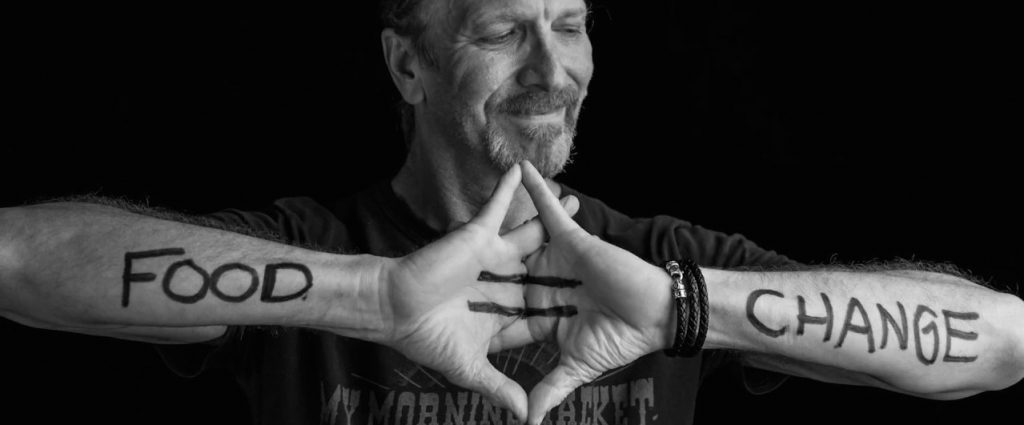
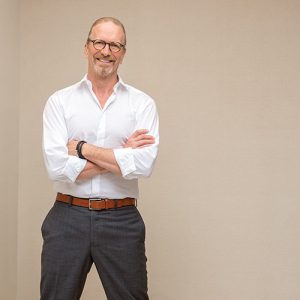 The entire hour of our conversation is well worth a listen. But, if you have only 10 minutes to lend an ear – tune-in to hear the power of Michel’s words and the emotional description of his dear friends Paul Newman and Gus Schumacher. Both influential allies; both impressive leaders; both iconoclasts who’ve have disrupted by leaving this place much better than they had found it.
The entire hour of our conversation is well worth a listen. But, if you have only 10 minutes to lend an ear – tune-in to hear the power of Michel’s words and the emotional description of his dear friends Paul Newman and Gus Schumacher. Both influential allies; both impressive leaders; both iconoclasts who’ve have disrupted by leaving this place much better than they had found it.